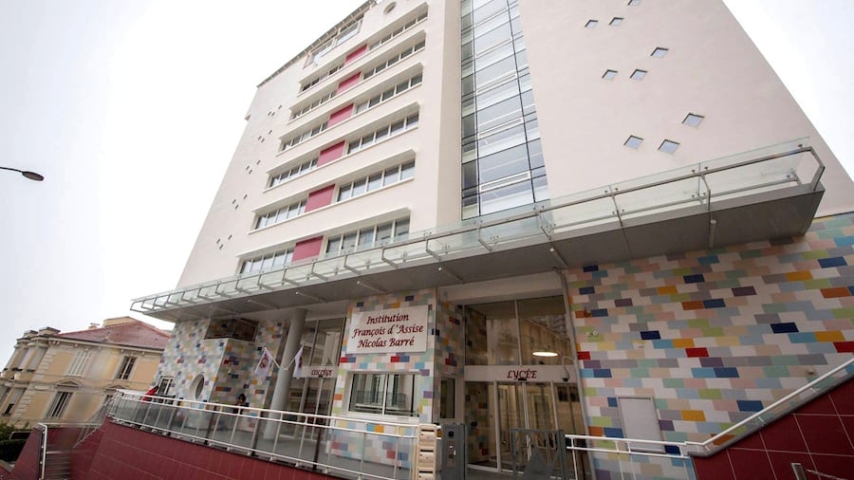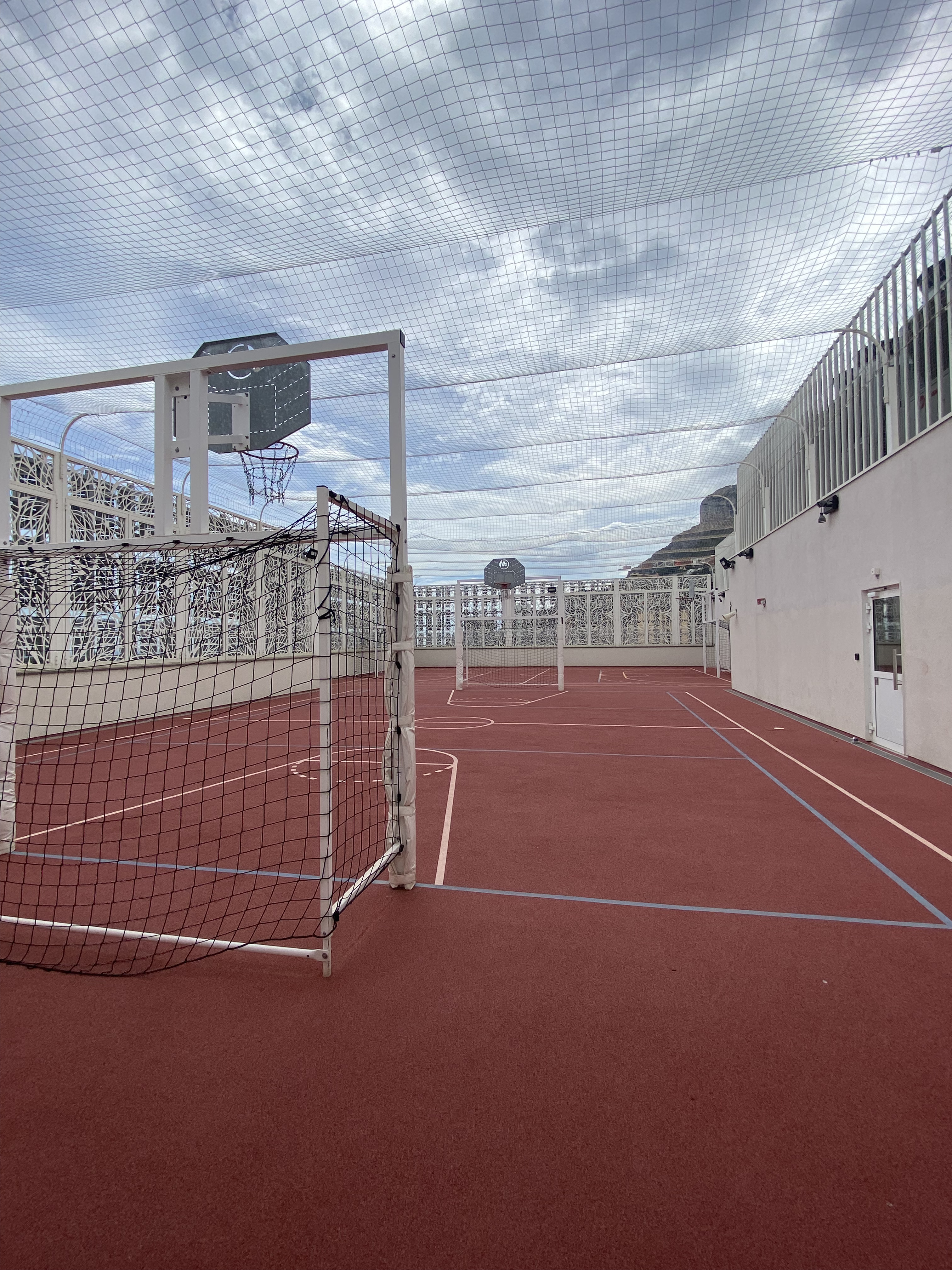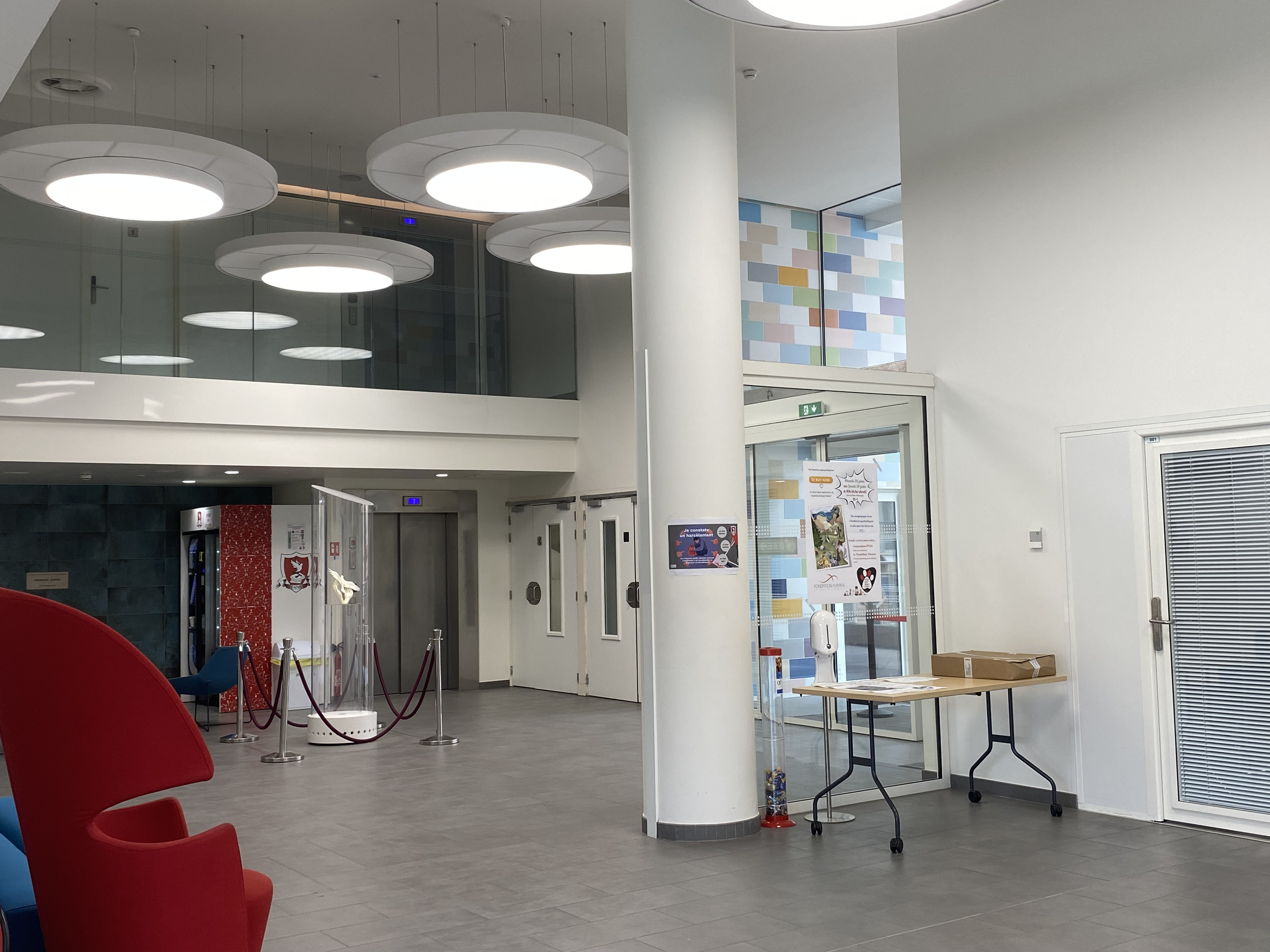
Monaco and France, though geographically close and culturally intertwined, present distinct approaches to their education systems, despite some shared fundamentals. Both nations mandate schooling from ages 6 to 16, but the educational journey in each country has its unique characteristics and nuances.
One of the primary distinctions lies in language instruction. Monegasque students begin learning English much earlier than their French counterparts. While classes in both countries are primarily taught in French, Monaco offers French Foreign Language sections in some secondary schools to help integrate non-French-speaking students, highlighting its cosmopolitan ethos.
The length of the school day is another point of divergence. French middle school students often finish their day by 4:30 PM or 5:00 PM, whereas young students in Monaco are accustomed to longer days, starting at 8 AM and often ending at 6 PM. This rigorous schedule is a staple in Monegasque education, alongside the requirement for primary school students to wear uniforms, fostering a sense of discipline and unity.
While France's educational program is standardized nationally and defined by the Ministry of Education, Monaco adapts certain aspects of the French curriculum to better suit its unique demographic needs. Despite Monaco's smaller student population, this tailored approach ensures that the Principality meets the specific requirements of its students.
Monaco's schools, though secular, include mandatory Bible study, which continues as religious instruction in high school. This contrasts with France's strict secular stance, which generally excludes religious education from public school curricula.

Chapel of the new FANB School in Monaco
In France, education is centrally managed by the Ministry of Education, with regional academies overseeing local schools. In Monaco, the Directorate of Education directly oversees the education system, allowing for more localized governance and potentially swifter administrative decisions.
The cost of school meals also highlights a notable difference. In Monaco, a student meal costs 5.57 €, whereas in France, the price varies between 1 and 4 euros, often subsidized by various aids.
Physical education in France can vary by region, offering a diverse array of activities. Monaco, despite its smaller size, ensures a comprehensive physical education program. Additionally, Monaco mandates the study of the Monegasque language from CE2 (third year of primary school) through the last year of middle school (3ème), a nod to preserving its cultural heritage. Beyond this, students can choose to continue learning Monegasque, though it is no longer compulsory.

Sports court of the new FANB School in Monaco
Despite these differences, the French and Monegasque school systems share several commonalities due to Monaco's close ties with France. Both systems follow a similar curriculum in core subjects such as mathematics, science, history, geography, and French, heavily influenced by the French educational model. The structure of education in both countries is divided into comparable stages: École Maternelle (Preschool), École Primaire (Primary School), Collège (Middle School), and Lycée (High School).
Both systems culminate in key examinations: the Brevet des Collèges at the end of middle school and the Baccalauréat at the end of high school, crucial for university admission. Standardized tests throughout the academic journey assess student progress and performance.
The academic year in both systems typically begins in early September and ends in late June or early July, with similar holiday schedules, including summer, Christmas, and Easter breaks, with only minor variations.
Both France and Monaco offer a mix of public and private schools. Public schools provide free education funded by the state, while private schools charge tuition and may offer specialized programs. Regular inspections and evaluations ensure that schools in both systems maintain high educational standards and continually improve their teaching practices.
Both countries are committed to inclusive education, offering special education services and support for students with disabilities, ensuring equal opportunities for all students.
In essence, while Monaco and France share a foundational educational framework, the nuances and specific adaptations in each country reflect their unique cultural and administrative contexts, providing rich, diverse learning environments for their students.

Entrance hall of the FANB School in Monaco

